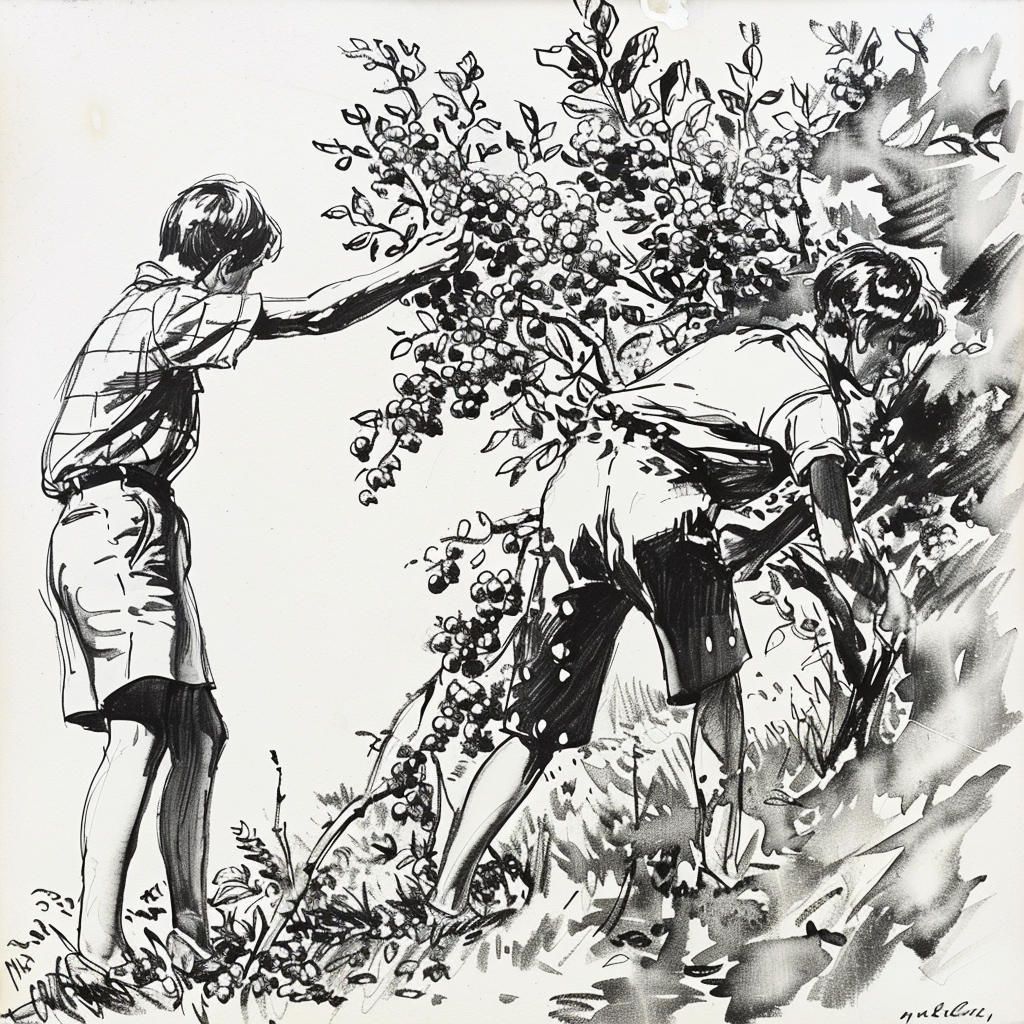After the exciting entrance exam, I put on my wooden shoes again the other day and reported back to the cherry orchard. Until school started in the fall, there was a summer’s worth of time to do all the things I felt responsible for since Father was gone.
This post has been moved. Please follow us on Medium to read and/or listen (!) to it in full.
The Bright Side of the Doom, a Prequel to 1984, The 18-Year-Old Who Wrote a Note and Disappeared is now available worldwide in bookstores as a hardcover, paperback, and e-book‼️
